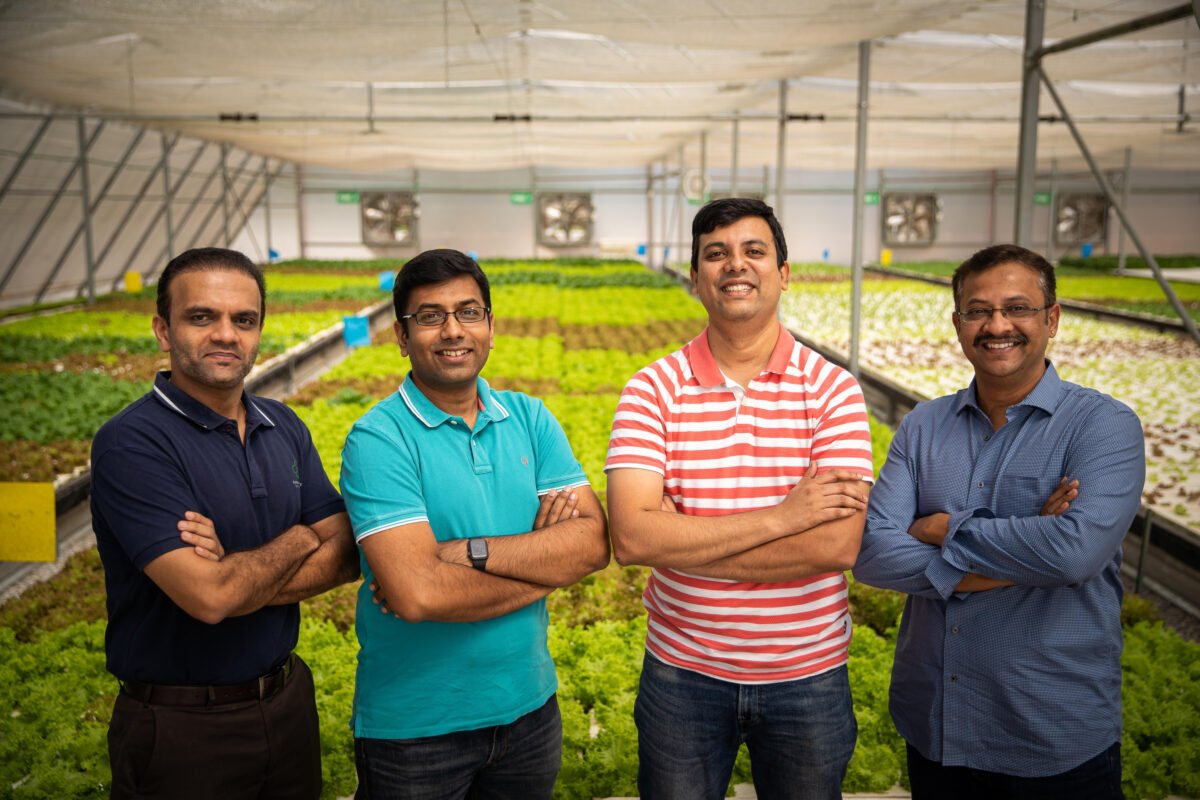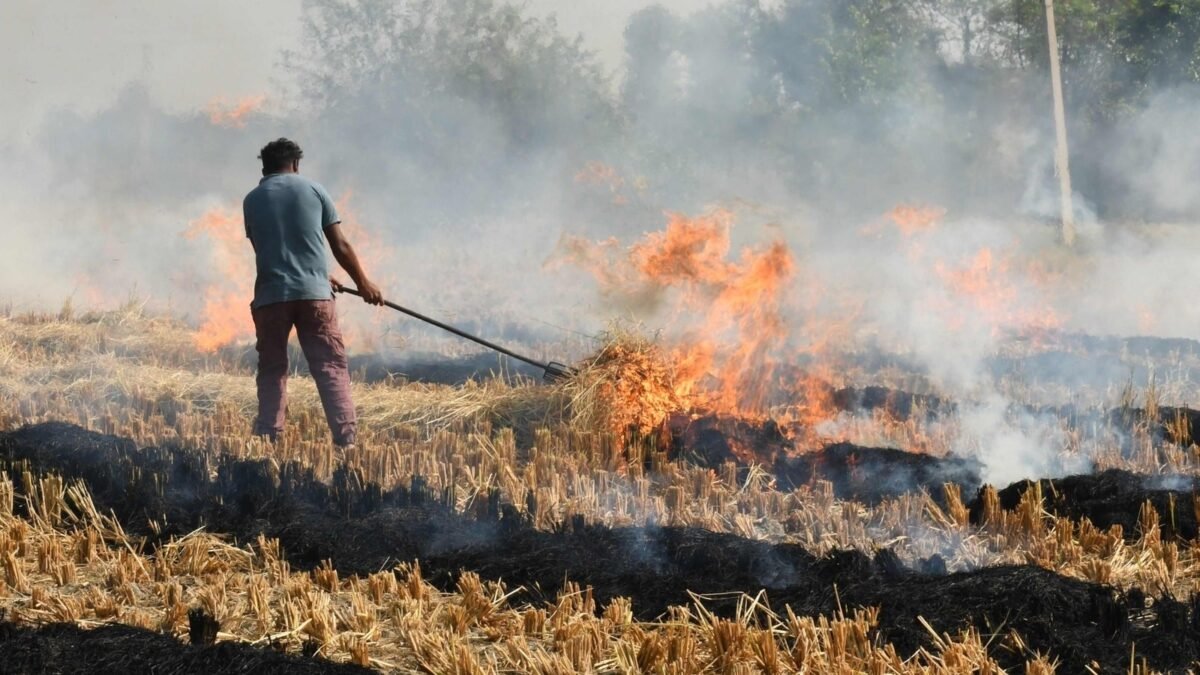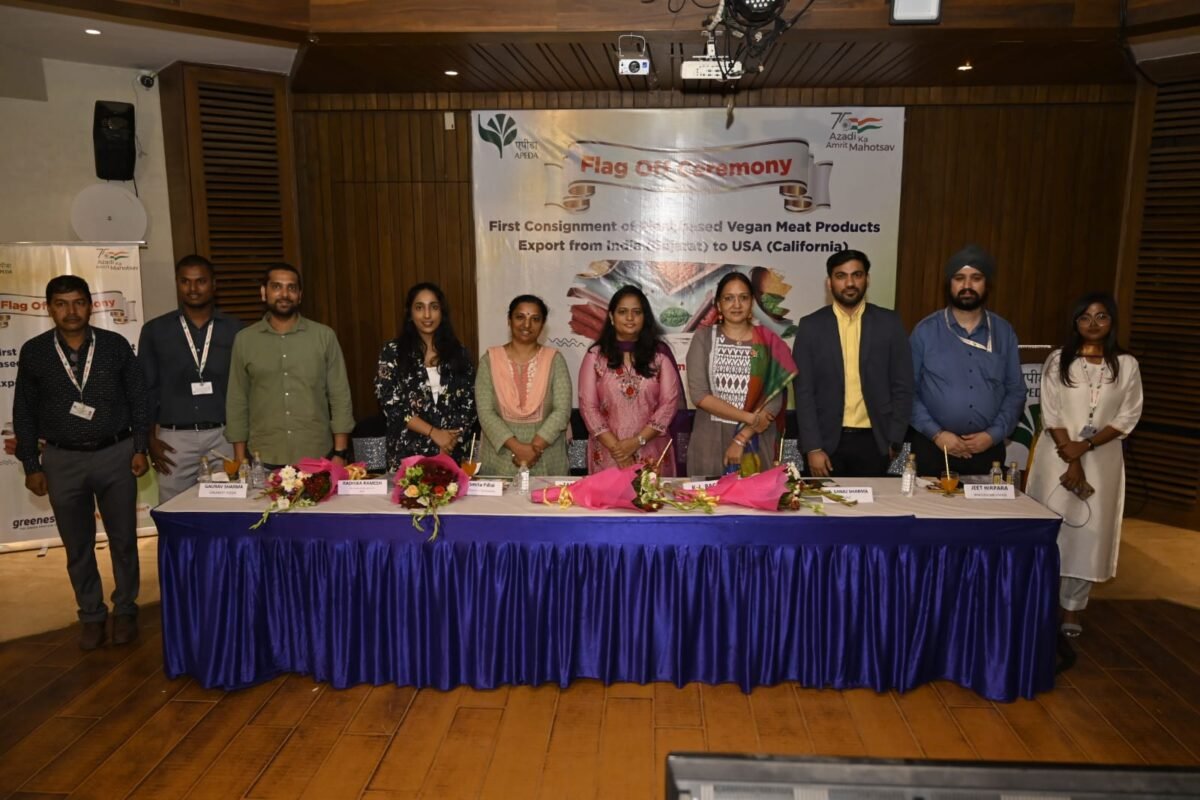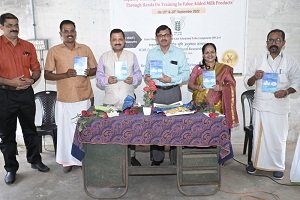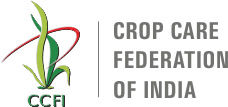Govt grants patent for bio-pesticide compositions to control insect-pests in arid zones
This bio-pesticide is effective against Helicoverpa armigera, Spodoptera litura, white fly and aphid with safe to natural enemies.
The patent office of the government of India has granted and issued a certificate of patent for an invention entitled bio-pesticide compositions and formulation from (Citrullus colocynthis) for insect control under Patents Act, 1970. (Patent No: 407022)
Dr D. K. Samadia, Director, ICAR-Central Institute for Arid Horticulture, Bikaner stated that the product is absolutely safe and effective to control insect-pests in arid zone fruits and vegetables. The invention was made by Dr S. M. Haldhar, Scientist (Entomology) and his team.
The ICAR-CIAH has released the product with the name of “Thar Jaivik 41 EC”. This bio-pesticide is effective against Helicoverpa armigera, Spodoptera litura, white fly and aphid with safe to natural enemies. The data on phyto-toxicity effect on plant was also recorded and found that no effect was observed on plant when applied 10 times more dose of the recommended dose of bio-pesticide. It was also observed that there was no effect on fruits and vegetables three days after spraying Thar Jaivik 41 EC. Indian arid zone is characterized by high temperature and low and variable precipitation, which limit the scope for high crop productivity. The existing low productivity could be increased by following improved new technologies and inputs. The area and yield potential of arid horticultural crops has increased many-fold because of the development of new varieties, agro-techniques and plant protection measures in arid region. Insect-pests are major constraints for increasing the production of arid horticulture crops in India. Chemical pesticides have played an important role in managing pests and diseases and increasing arid horticulture crops production in the past but their indiscriminate use for over three decades has led to several problems such as development of resistance in pest to pesticides, pesticides residues, destruction of beneficial insects and the outbreak of secondary pests. These negative effects have provided the impetus for the development of alternatives including botanical pesticides. Organic botanical pesticides are an important group of naturally occurring, often slow-acting crop protectants that are usually safer to humans and with minimal residual effects.
This bio-pesticide is effective against Helicoverpa armigera,




